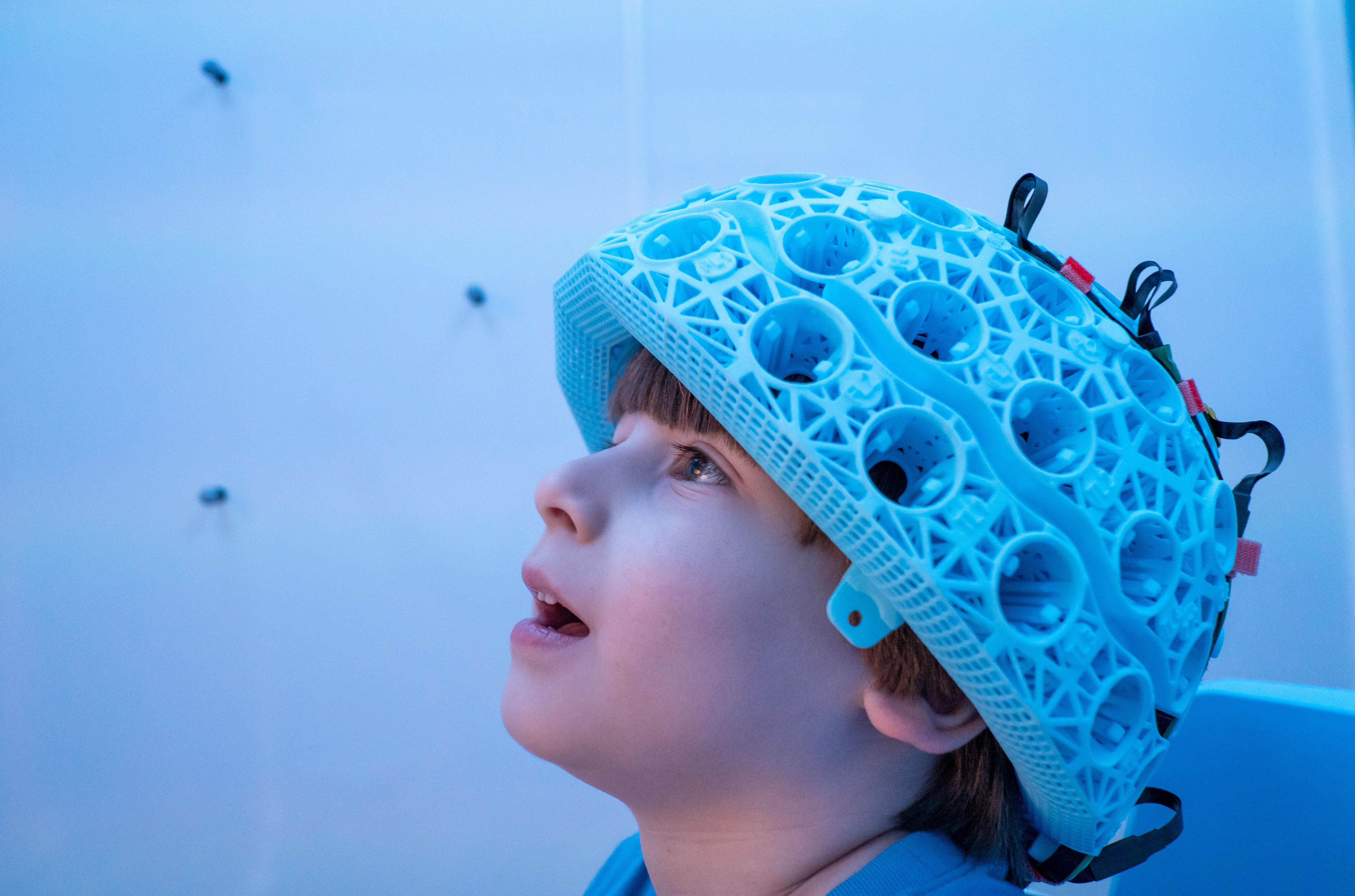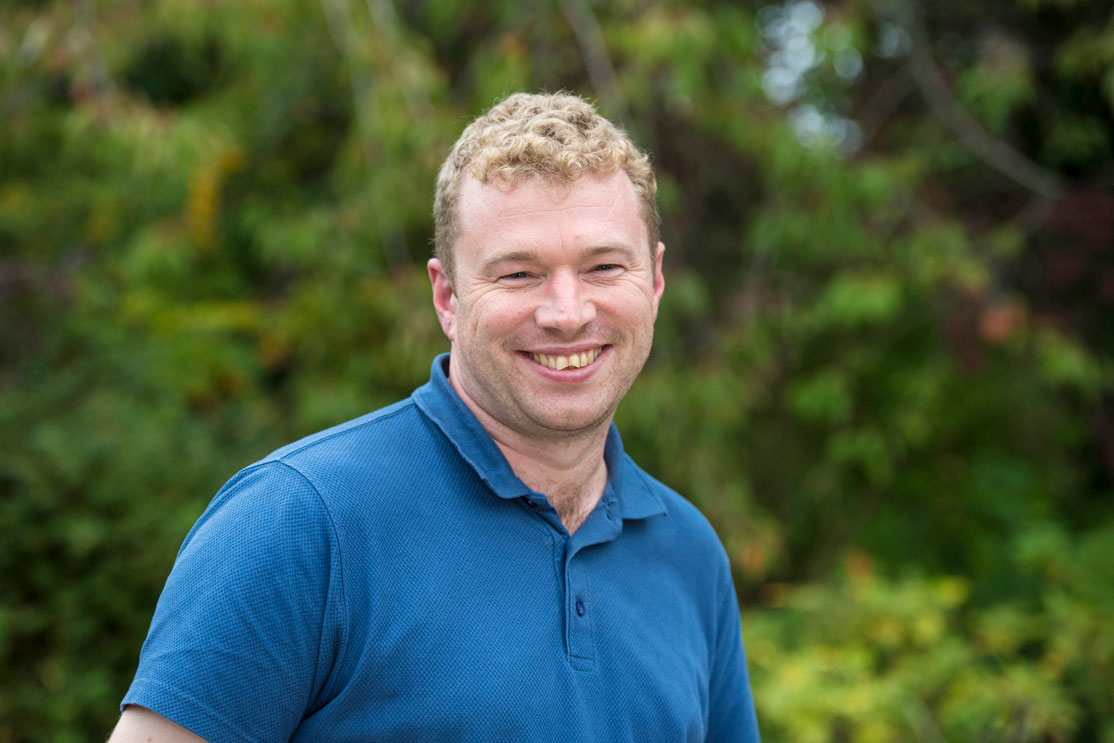Professor Matthew Brookes has been recognised for his revolutionary work in brain imaging, with a Physical Sciences & Engineering Laureate award from the the Blavatnik Family Foundation and the New York Academy of Sciences.
Now in its fifth year, the Awards are the largest unrestricted prize available to UK scientists aged 42 or younger. They are fast becoming internationally recognised among the scientific community as instrumental in expanding the engagement and recognition of young scientists and providing a strong foundation on which science can prosper.
This is the first year the University of Nottingham has featured in these awards and Professor Brookes will received £100,000 prize money in recognition of his work.

Professor Brookes and his team have created a new magnetoencephalography (MEG) technology that influences functional brain imaging capabilities. This wearable OPM-MEG system allows the mapping of brain connections in moving subjects and opens up a wide range of new paradigms and subject groups for study such as non-invasive imaging of children's brains. The system is now being installed in clinical settings with collaborations currently underway with national charity Young Epilepsy and Sick Kids in Toronto.

It's a huge honour to have been recognised by such a prestigious award. Wearable MEG has been under development for 6 years. To watch it grow, from a few equations on the back on an envelope, to a real, commercialised, brain imaging device has been truly wonderful. This development has been made possible by an incredible team of scientists, both here in Nottingham and our many collaborators. To have our work recognised in this way is a massive achievement.
"The remarkable scientific talent and research in the UK grows stronger every year," commented Sir Leonard Blavatnik, Founder and Chairman of Access Industries and head of the Blavatnik Family Foundation. "The brilliant, innovative work for which this year's Laureates and Finalists are recognised and honoured improves our world for the better and further extends the boundaries of scientific knowledge and understanding."
Professor Nicholas B. Dirks, President and CEO of the New York Academy of Sciences and Chair of the Awards' Scientific Advisory Council noted, "Society cannot surmount world crises like the COVID pandemic without science. It is critical that we continue to invest in science and these young, trail-blazing scientists who have the energy, optimism, and brilliance to continue developing scientific solutions benefitting millions, even billions, of people. On behalf of the Academy, we are honoured to administer the Blavatnik Awards in the UK in its fifth year and we are thrilled to see a growing list of UK institutions submitting nominations since the program was established. We are also excited to honour six women in 2022."
The 2022 Blavatnik Awards for Young Scientists in the UK received 94 nominations from 47 academic and research institutions across the UK. The Blavatnik Awards in the UK sit alongside their global counterparts, the Blavatnik National Awards and the Blavatnik Regional Awards in the United States and the Blavatnik Awards in Israel, all of which honour and support exceptional early-career scientists. By the close of 2022, the Blavatnik Awards will have awarded prizes totalling US$13.6 million. About 60 percent of all recipients are immigrants to the country in which they were recognised and hail from 48 countries across six continents, reflecting the Blavatnik Family Foundation's recognition that important science is a global enterprise.
The 2022 Blavatnik Awards in the UK Laureates and Finalists will be honoured, as COVID-19 restrictions allow, at a black-tie gala dinner and ceremony at the Victoria and Albert Museum (V&A) in London, currently scheduled for 28thFebruary 2022. The following day, on 1st March 2022 from 11:00 to 18:00 GMT, the honourees will present their research with a series of short, interactive lectures at a free public symposium also to be held at the V&A. More details about the symposium will be posted soon on the website of the New York Academy of Sciences, NYAS.org.






